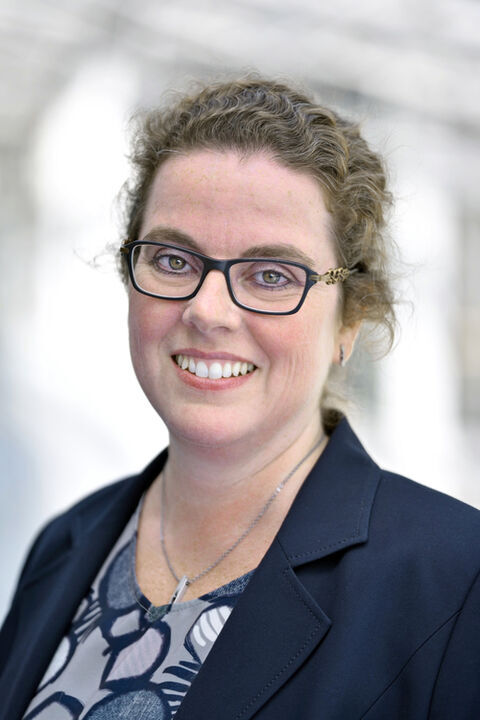
Section of Experimental Virology
One hundred years after the most devastating pandemic of the 20th century, the Spanish flu of 1918-19, the influenza A viruses (IAV) responsible for it still pose a huge threat to public health. Seasonal IAV epidemics cause the sudden onset of respiratory problems with mild to severe disease courses. Further, IAV possess pandemic potential. Even though vaccination is the most efficient way to protect from annual IAV epidemics and new vaccines are produced every year, coverage is low, efficiency variable, and in the case of new emerging IAV subtypes, vaccinations do not provide timely protection. In addition, parts of the population reject vaccination. Licensed therapeutics in Germany are currently limited to a substance class that targets the viral neuraminidase, since the channel blockers of matrix protein 2 (M2) against IAV are no longer recommended. A major disadvantage of these antivirals is that IAV can quickly develop resistance.
In the case of an IAV infection, various cellular signaling pathways are induced, some of which are used by the virus to support its own efficient replication. Thus, alternative antiviral strategies focus on host proteins that support viral infection. In this context, repurposing of existing pharmaceutical substances targeting virus-supportive cellular factors represent promising alternatives for antiviral intervention.
During summer school participants will contribute to ongoing experiments using cellular infection models. We will investigate the activation of cellular factors upon IAV infection and the consequences of inhibition of IAV-induced cellular factors on viral replication. Sterile cell-culture work under bio-safety conditions (BSL-2) will be trained. Applied techniques include standard plaque-titration, western-blot analysis, plate-reader assays, and microscopy and/or FACS-analysis.

